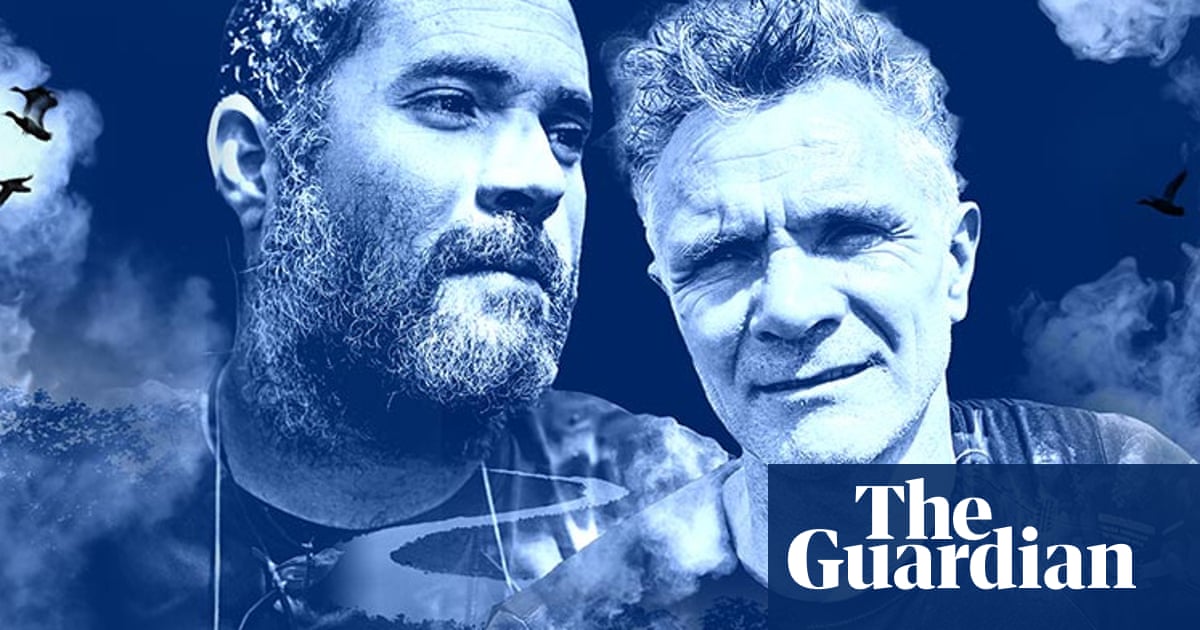This six-episodeGuardian podcastopens with evocative descriptions of dense Amazonian jungle teeming with macaws, jaguars and howler monkeys. But the pastoral beauty soon gives way to fear, as we hear about the disappearance of environmental journalist Dom Phillips and Brazilian Indigenous defender Bruno Pereira in a tale that pits them against the forces that run one of the world’s biggest drug-smuggling routes. This gripping investigation tries to get to the bottom of what happened and, given that it’s hosted by Phillips’s friend, the Guardian’s Latin America correspondent Tom Phillips, does so in a movingly personal manner.Alexi DugginsEpisodes weekly, Widely available
Will AI steal all our jobs? Could Terminator-style robots overthrow humanity? These questions don’t just feel loaded but arguably a little hoary by now. It’s a good job, then, that it is Richard Ayoade and Warwick Davispicking over themwith effortlessly amusing and often (in Ayoade’s case) deeply dry observations. Helen Keen adds some science writer cred, as they gaze into the future of food, relationships, holidays and more.Hannah J DaviesAudible, all episodes available now
Rebecca Root and Seán Carlsen star in a found-footage indie drama from Fio Trethewey and Georgia Cook, who have previously written Doctor Who audio adventures. Thisupdated takeon Dracula with a queer twist is brilliantly inventive while also keeping Bram Stoker’s cast of characters front of mind.HJDWidely available, episodes every fortnight from Tuesday 10 June
Are the colours you see the same as the colours I see? The National Gallery’snew podcastinvites you to enjoy its collections a bit differently, by listening to host Beks Leary and expert guests delve into answering questions such as this in each episode. They lead to deep conversations that make you sit back and think (“What the hell even is colour?”).Hollie RichardsonWidely available, episodes weekly
Sign up toWhat's On
Get the best TV reviews, news and features in your inbox every Monday
after newsletter promotion
“A journalist, a cabinet minister and a spy walk into a bar” – is this a bad joke, asks ex-CIA officer Marc Polymeropoulos? In any case, hispodcast, co-hosted with former UK home secretary Amber Rudd and Newsnight alumnus Mark Urban, offers an informed, international outlook, and shares much DNA with its global cousin The News Agents.HJDWidely available, episodes weekly
“At some point love sprouts in your brain in the same way hair sprouts under your arms.” So says Stephen Fry in Rylan Clark’s new celebrityinterview podcastwhich delves into affairs of the heart. It’s launched at the same time as an episode featuring Self Esteem, who has had a newfound romantic awakening.ADEpisodes weekly, BBC Sounds
